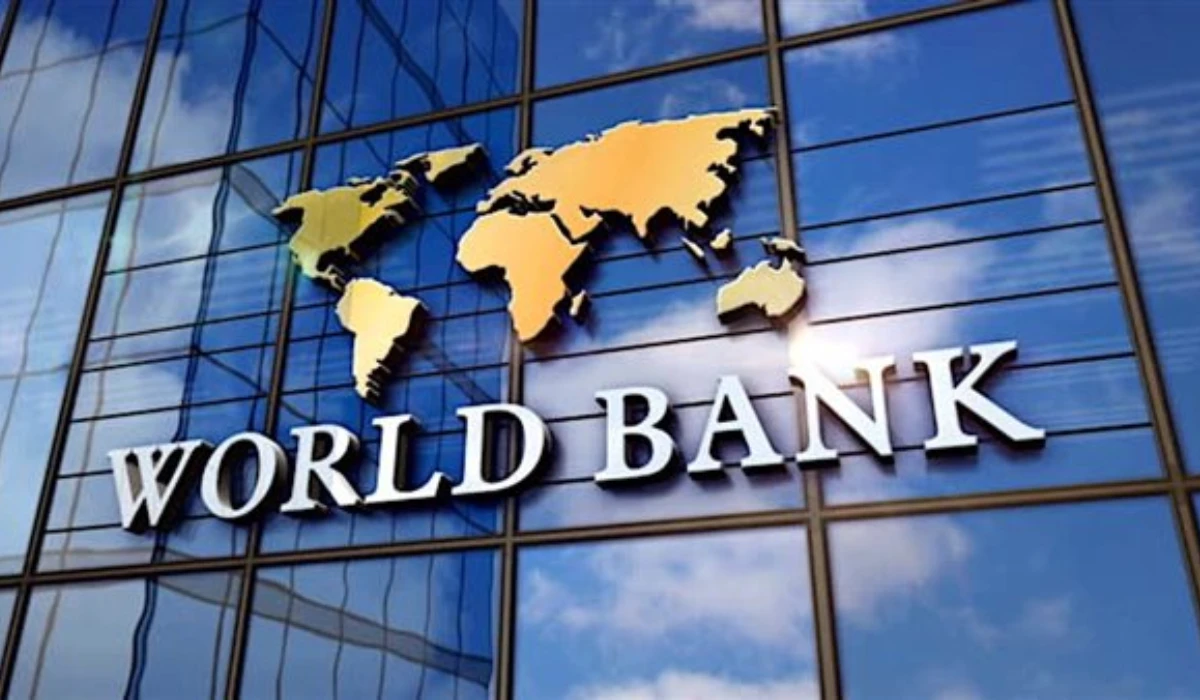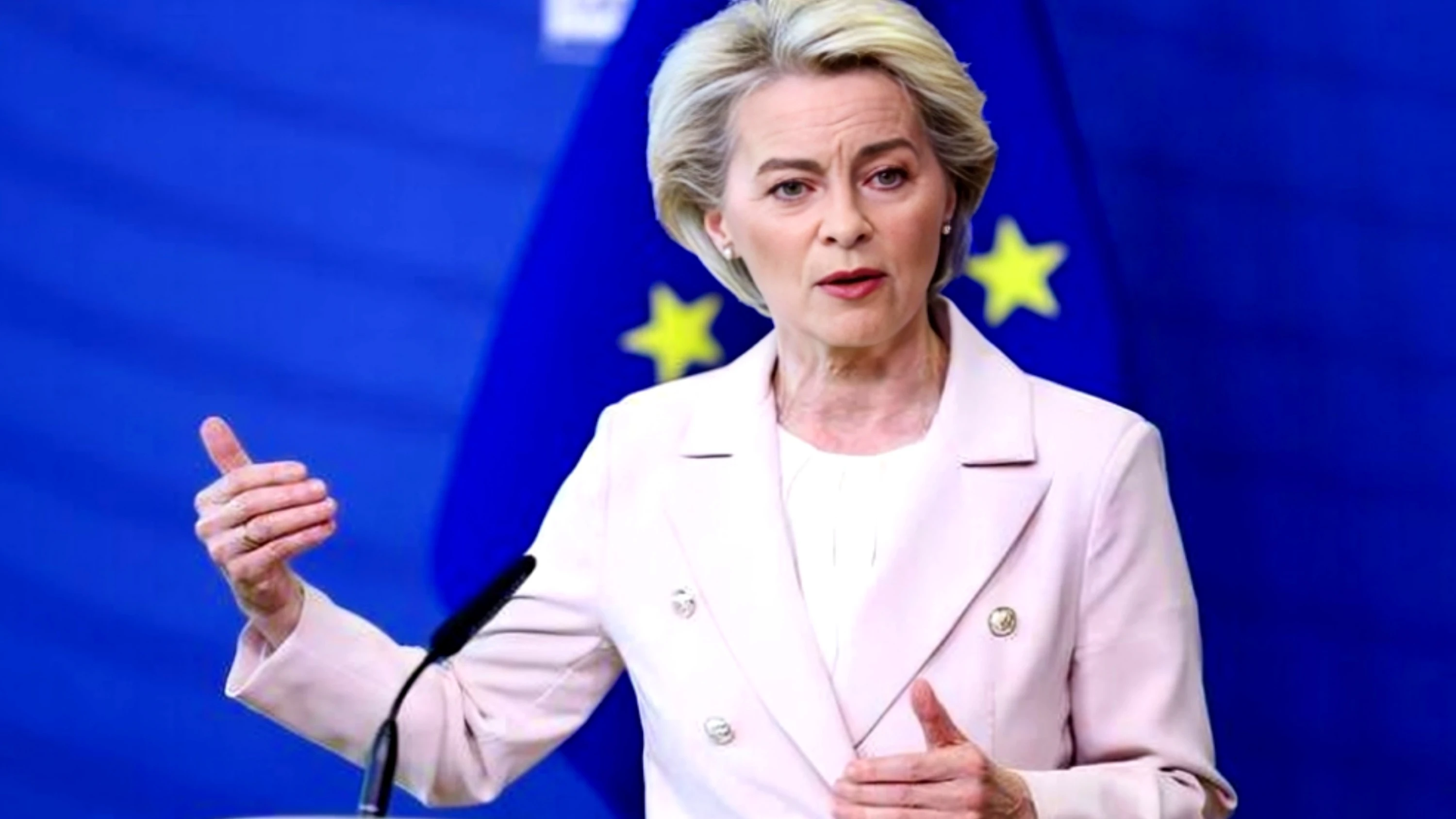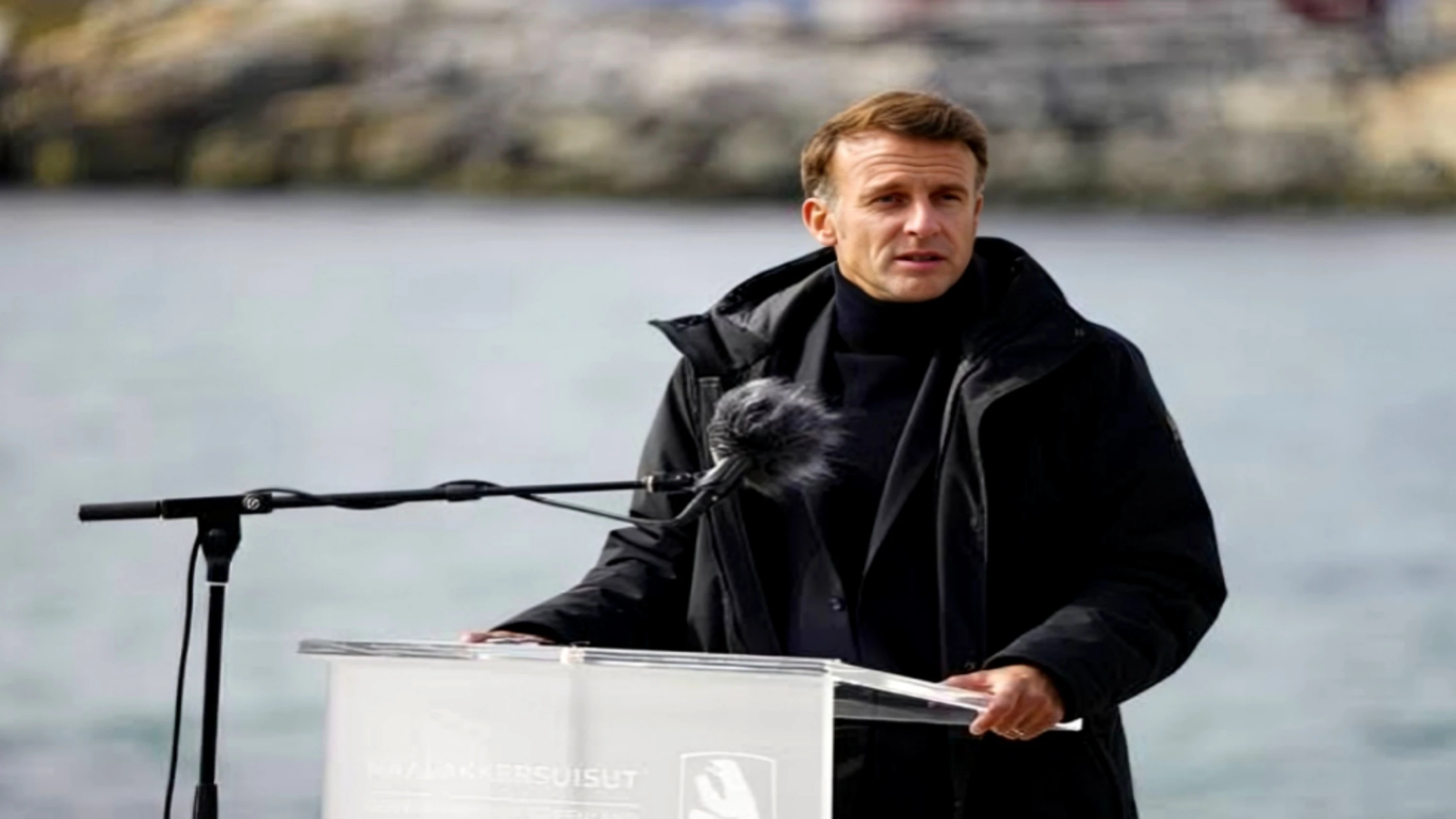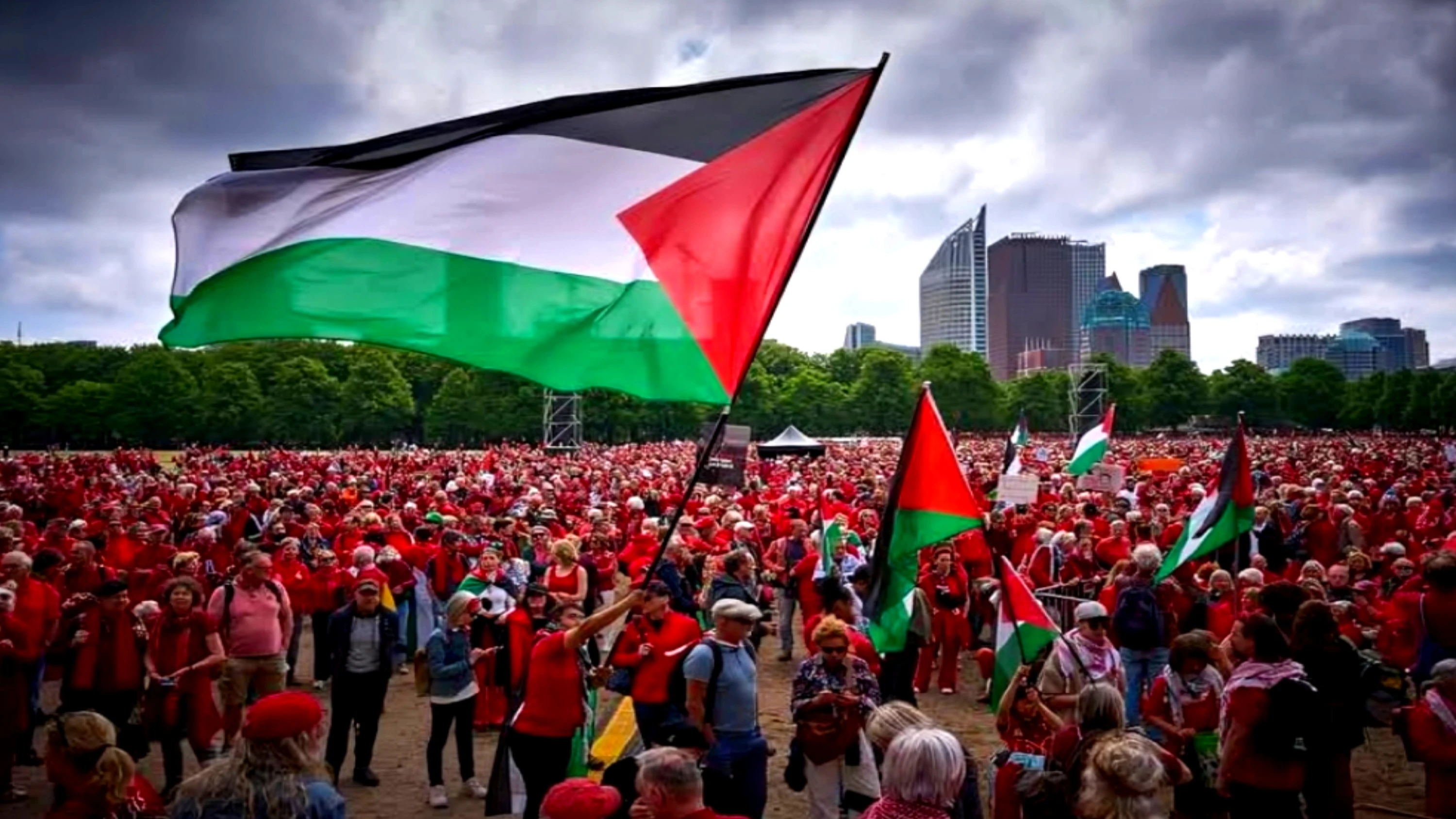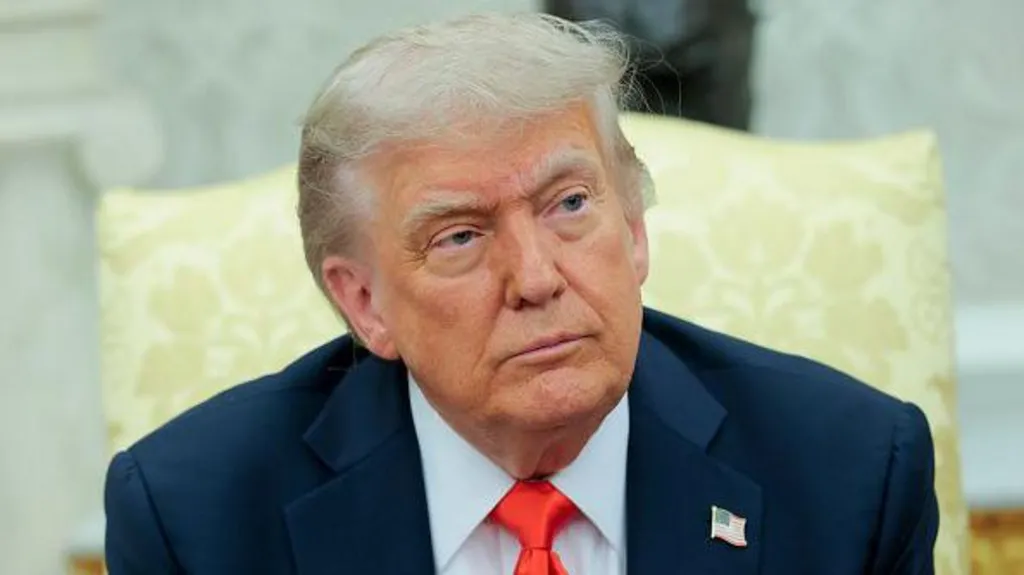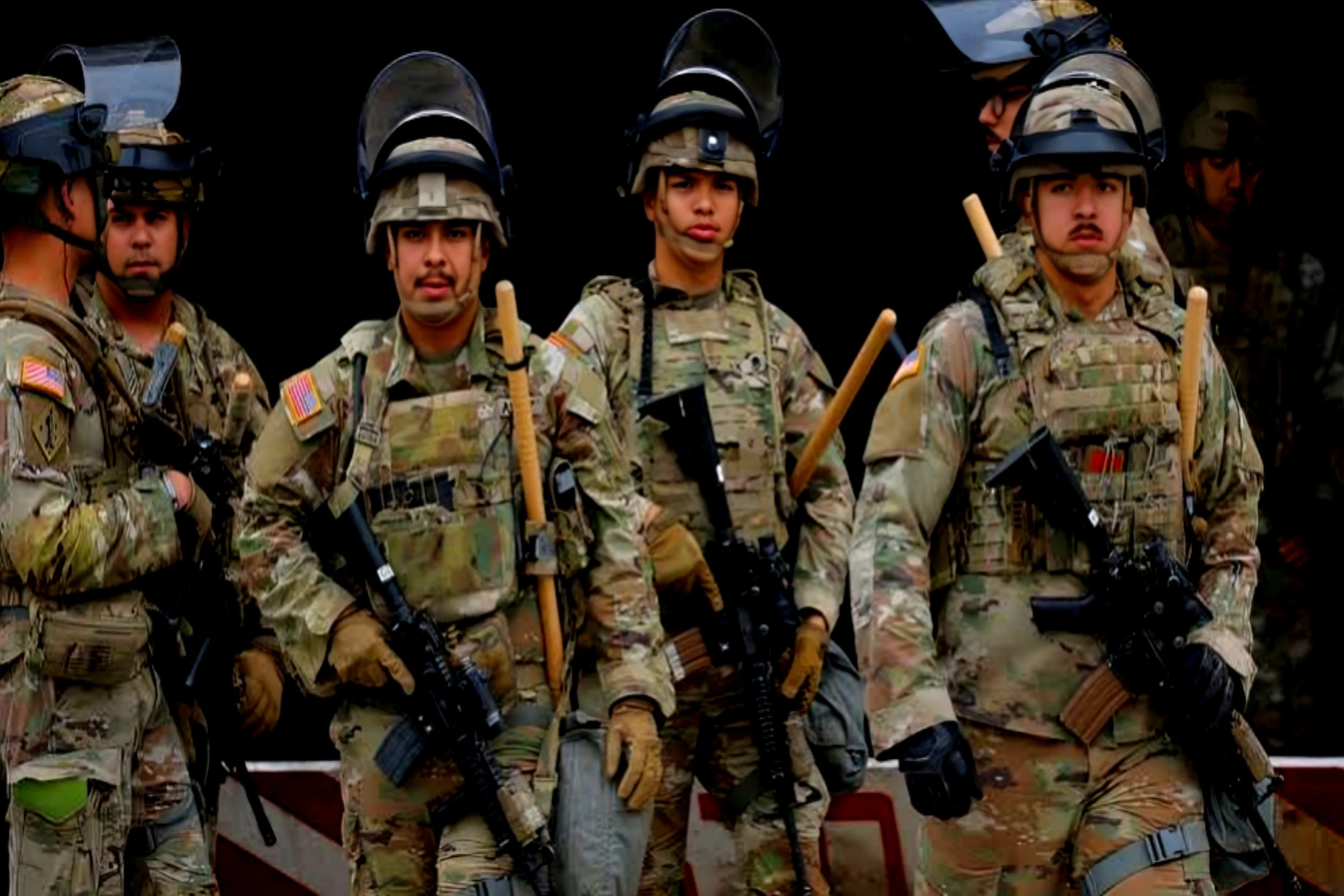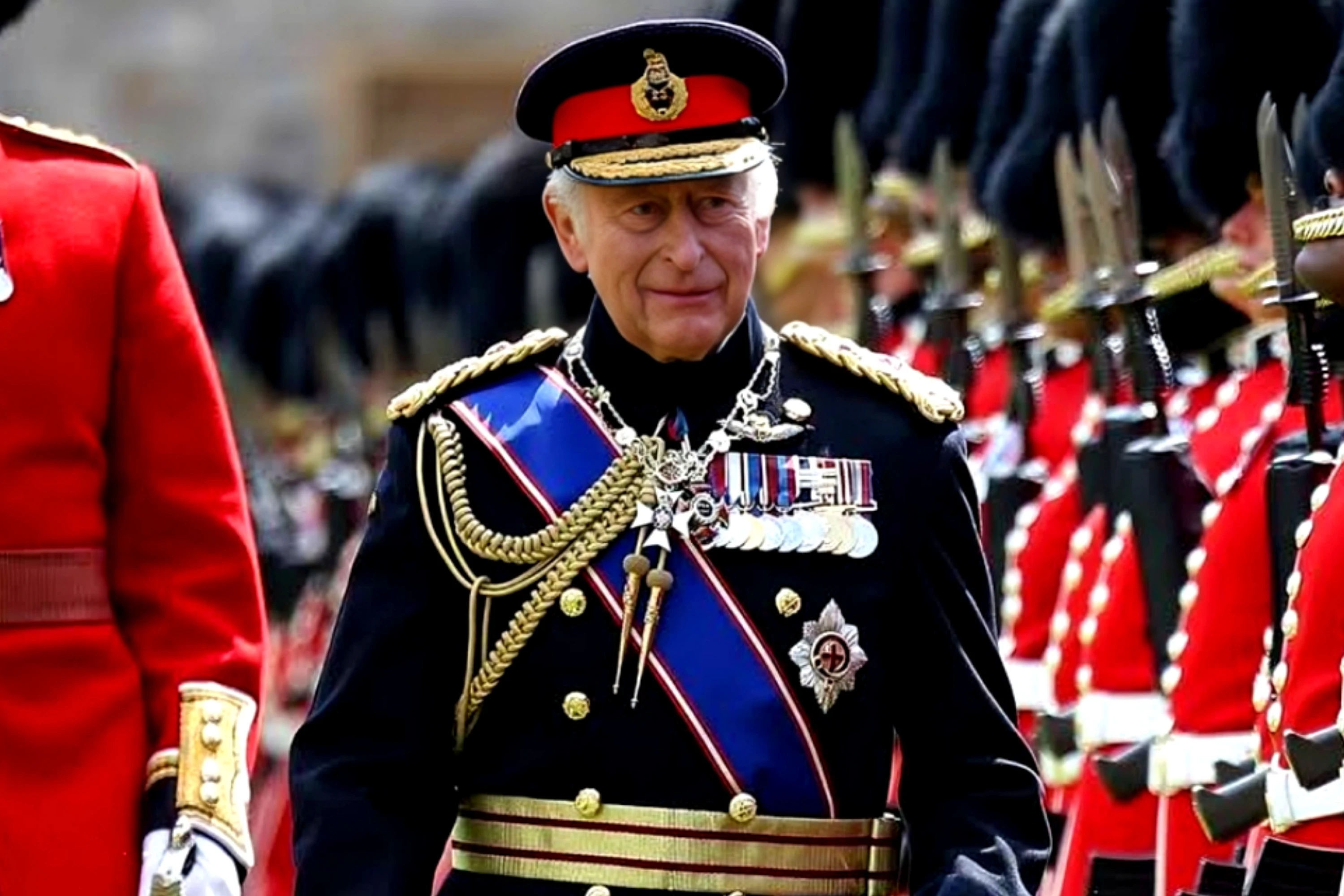Washington: Ajay Banga, President of the World Bank, has urged developing countries to reduce tariffs and increase regional trade ties to counter the growing risks posed by global trade tensions. Banga, speaking to reporters on Wednesday, stated that many developing countries still maintain tariff levels higher than developed countries, thus potentially jeopardizing them further if import tariffs are retaliated upon as trade disagreements arise in the global arena.
The warning comes amidst a backdrop of increased uncertainty instigated by recent tariff hikes made by the U.S. under the command of President Trump together with countermeasures from other major economies such as China. According to Banga, the uneven environment is creating hesitation in the business community around the world, which in turn is bound to plunge further into adverse investment and growth prospects.
Banga stopped short of giving updated projections but referred to the World Bank's January forecast of virtually flat growth at 2.7% until 2026. He estimated that if the full panoply of U.S. tariffs is implemented with full reciprocity, this could knock off 0.3 percentage points from global growth in 2025 — an additional blow to already sluggish momentum, particularly for low- and middle-income countries.
He underscored that negotiating and dialogue should be prioritized to let countries work together to keep trade flowing for long-term development. Banga also pointed to the untapped potential of regional and bilateral trade partnerships to navigate adverse shocks when globalization is in trouble.
In reiterating the viewpoint of the World Bank for many years, he stated that raising tariffs means less transparency, less efficiency, and less growth. At a time when trade tensions are looming large over the world markets, Banga makes it clear that if the world is to steer through this rough patch, cooperation, not confrontation, is key.
[Source Credit: Business recorder]


